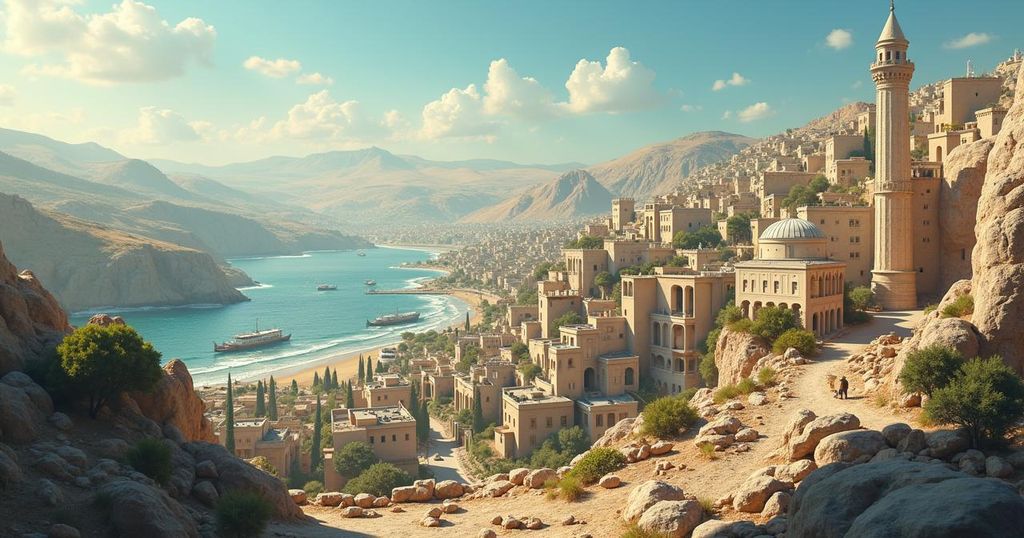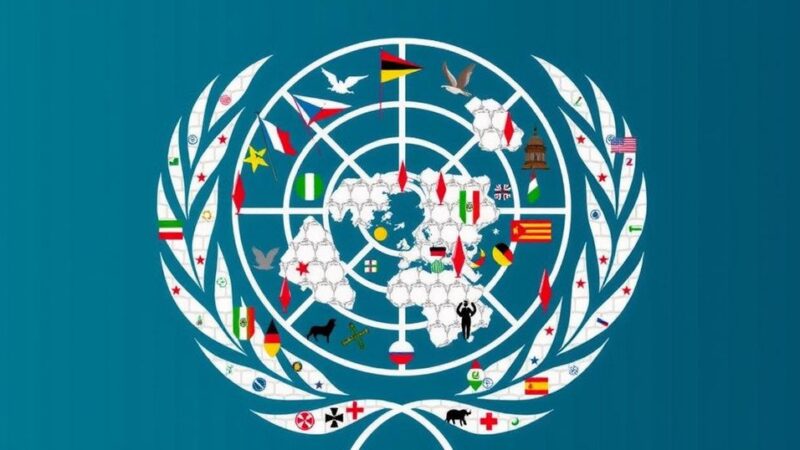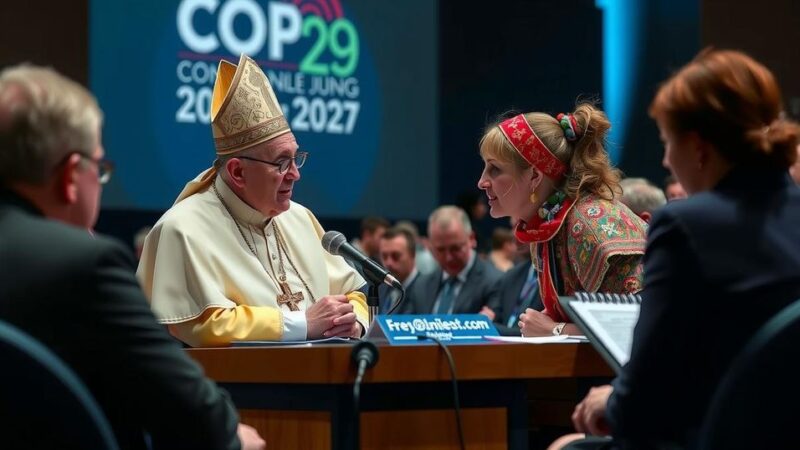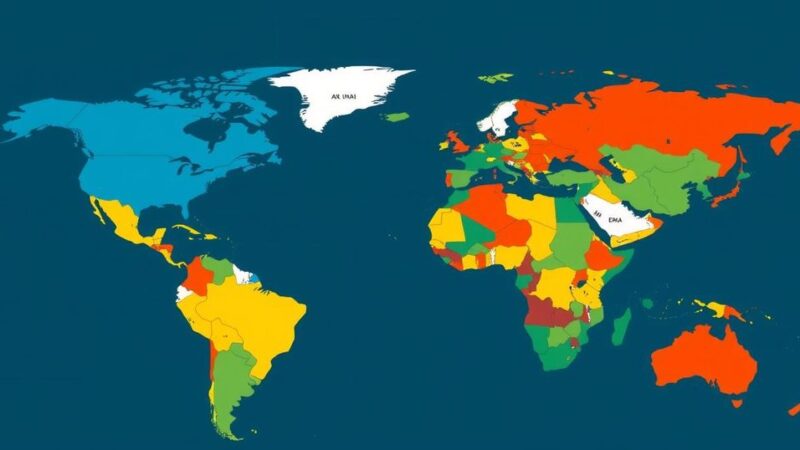Jason Hickel argues that a liberated Palestine symbolizes a broader threat to global capitalism, which has long relied on the exploitation of the Global South. He discusses how the ecological crisis is intertwined with capitalist imperialism, emphasizing the urgent need for economic democracy and sovereignty to effectively address rampant deprivation and environmental degradation. The struggle for liberation in regions like Palestine challenges the existing capitalist order, which responds with violence to maintain its stability.
In his discourse, Jason Hickel emphasizes that a liberated Palestine has profound implications not just for the Middle East, but also for global capitalism. He argues that this liberation threatens the stability of capitalist systems, particularly in the imperial core nations which have long benefited from the exploitation of the Global South. The ecological crises, according to Hickel, are deeply rooted in capitalist imperialism, where the ruling classes of the core are primarily responsible for the environmental degradation that disproportionately affects the Global South. This exploitation manifests itself in excessive material use, ecological damage, and climate breakdown, which are consequences of a production system that favors capital accumulation over human needs. Hickel elaborates on the paradox of extraordinary productive capacities existing alongside widespread deprivation, as 80% of the global population struggles to meet basic needs. He attributes this contradiction to the capitalist mode of production, which prioritizes profitability over equitable distribution of resources. Essentially, he posits that solving issues related to poverty and environmental crises requires a radical transformation towards economic democracy, whereby communities have control over production and are able to direct resources towards their own needs rather than the demands of international capital. Furthermore, Hickel highlights the necessity for the Global South to achieve economic sovereignty, as liberation is hindered by structural inequalities imposed by the Global North through various neoliberal policies. He stresses that the global capitalist order is inherently threatened by movements striving for liberation and independence in the Global South, which leads to violent retaliations, as historically evidenced in various liberation struggles. In the context of Palestine, Hickel underscores that the ongoing violence is not merely a moral issue but is fundamentally a strategic move by capital to suppress liberation movements that could destabilize the core’s capitalistic interests. Thus, he concludes that recognizing these underlying systemic factors is essential for a meaningful resistance against ongoing injustices.
The discussion surrounding a liberated Palestine is framed within a larger critique of global capitalism and its inherent inequalities. Historical and contemporary exploitation of the Global South by the imperial core nations is pivotal in understanding the effects of climate change, resource extraction, and socio-economic disparities. Hickel draws connections between colonial histories and current ecological crises, illustrating that the impacts of climate change and resource use are largely borne by those who have contributed least to the problems. The discourse urges for greater awareness of these dynamics and highlights the need for economic democracy and sovereignty, especially for countries in the Global South, to address these systemic issues effectively.
The central argument presented by Jason Hickel is that a liberated Palestine could trigger a broader upheaval within global capitalism, which fundamentally thrives on the exploitation of marginalized regions. The ecological and social crises stem from this capitalist framework, which prioritizes profit over human and environmental welfare. Hickel advocates for an economic transformation that centers on democracy and resource sovereignty to effectively tackle these intertwined crises. As he illustrates with the Palestinian struggle, the fight for liberation is not only moral but also a critical challenge to the capitalist status quo, necessitating a concerted global response to these injustices.
Original Source: scheerpost.com






